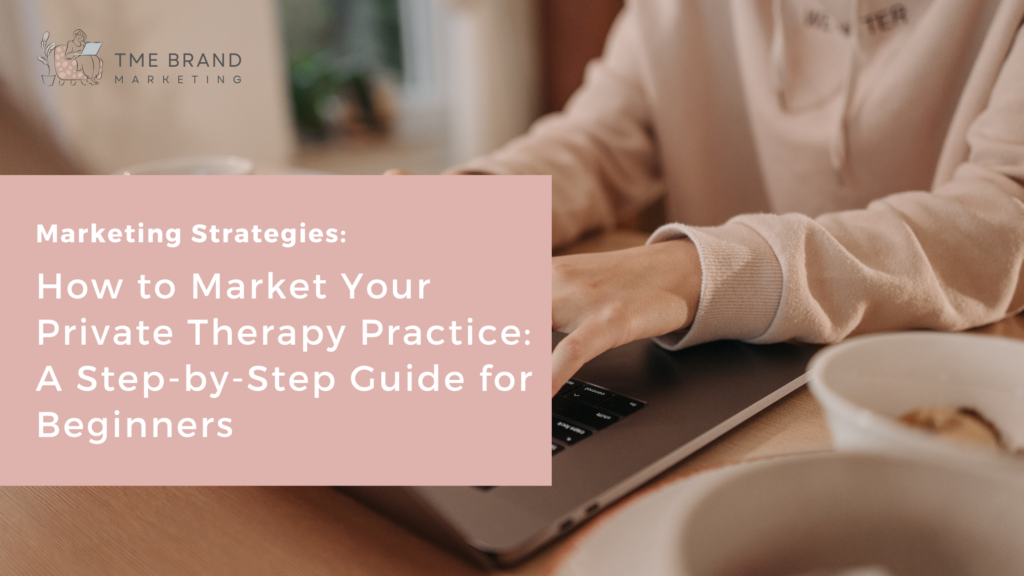
At TME Brand Marketing, we know that running a private therapy practice is no small feat. You’re already wearing so many hats—therapist, business owner, scheduler—and now, you’re diving into the world of marketing, too. But don’t worry, we’ve got your back. Marketing for psychotherapists is our bread and butter, and we’re here to guide you through the basics to get your practice noticed by the clients who need you most.
From building your brand to creating an online presence and using social media like a pro, let’s dive into some practical, beginner-friendly steps to market your private therapy practice.
1. Define Your Brand: Let’s Start with Who You Are
Before you jump into marketing, it’s crucial to get clear on your brand. This isn’t just about picking a logo or color scheme; it’s about defining who you are as a therapist, who you serve, and what makes your approach unique. Here’s how to get started:
-
- Who is your ideal client? Are you working with anxious teens, burned-out professionals, or couples on the brink? Knowing exactly who you serve helps you tailor your messaging.
-
- What makes you unique? Maybe you’ve got a knack for making people feel at ease, or you specialize in a specific therapy like Brainspotting or EMDR.
-
- What are your core values? Do you emphasize a non-judgmental, inclusive approach? Do you integrate holistic methods or focus on evidence-based practices?
Once you’ve nailed down these elements, use them consistently across your website, social media, and any other marketing materials. Your brand should feel like you—authentic, relatable, and true to your values.
2. Build an Online Presence: Your Website is Your Digital Office
Your website is often the first place potential clients will meet you, so let’s make sure it’s putting your best foot forward. For marketing for psychotherapists, having a polished, professional website isn’t optional—it’s essential. Here’s what you need:
-
- Homepage: This is your first impression, so make it count. Clearly state who you help and how you help them. Think of it as your digital “hello.”
-
- About Page: Share your journey, your qualifications, and a little bit of your personality. People want to connect with the person behind the practice.
-
- Services Page: Break down the types of therapy you offer. Keep it simple, avoid clinical jargon, and speak directly to your potential clients’ needs.
-
- Contact Information: Don’t make people work to find you. Include a clear call-to-action (like “Schedule Your First Appointment”) and make sure your phone number, email, and a contact form are easy to find.
-
- Blog: Blogging is great for SEO and shows off your expertise. Share tips, insights, or common challenges your clients face—topics that resonate with your audience.
-
- Testimonials: Social proof is powerful. When new clients see that others have benefited from your services, it builds trust right off the bat.
Think of your website as your virtual waiting room. It should feel welcoming, informative, and above all, easy to navigate.
3. SEO Basics: Helping Clients Find You Online
Search Engine Optimization (SEO) is one of those terms that feels overwhelming, but it’s really just about helping Google understand your website. Marketing for psychotherapists hinges on being found online, and SEO is your ticket to showing up in search results.
-
- Keywords: Think about what your ideal clients might be typing into Google, like “anxiety therapist near me” or “therapy for burnout.” Use these phrases naturally throughout your site.
-
- Local SEO: If you’re in a specific area, make sure that shows up in your content. Google My Business is a must—get your practice listed there so people can find you easily.
-
- Meta Descriptions and Title Tags: These are short descriptions that show up in search results. Make them compelling and relevant to encourage clicks.
4. Social Media: Your Direct Line to Potential Clients
Social media isn’t just about posting pretty pictures or motivational quotes—it’s a powerful tool for connecting directly with potential clients. When it comes to marketing for psychotherapists, social media allows you to showcase your expertise, build relationships, and stay top-of-mind. Here’s how to make the most of it:
-
- Pick the Right Platforms: Not every platform is created equal. We find that Instagram, Facebook, and LinkedIn work best for most therapists. Go where your clients are.
-
- Consistency Matters: Whether you’re posting three times a week or just on Tuesdays and Thursdays, keep it consistent. Consistency builds trust and keeps you visible.
-
- Content That Speaks to Your Audience: Share tips, helpful resources, and relatable content. Don’t be afraid to show your personality and give potential clients a sense of who you are.
-
- Engage: Social media isn’t just about broadcasting; it’s about having conversations. Respond to comments, answer DMs, and connect with your audience.
5. Network and Collaborate
Never underestimate the power of networking. Join online communities, attend local events, or collaborate with other mental health professionals. Not only does this help you grow your referral base, but it also builds your reputation as an active, involved member of your field.
6. Track What’s Working (and What’s Not)
Marketing isn’t a set-it-and-forget-it deal. Regularly check in on what’s working—whether it’s website traffic, social media engagement, or the number of client inquiries you’re getting. Tools like Google Analytics and social media insights are your friends. If something isn’t landing, don’t hesitate to tweak your approach.
Ready to Get Started?


